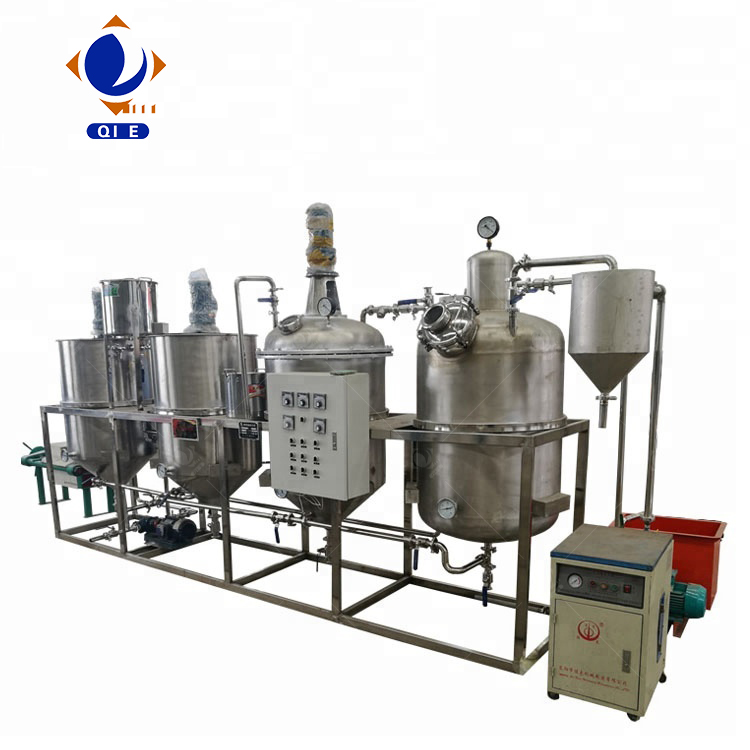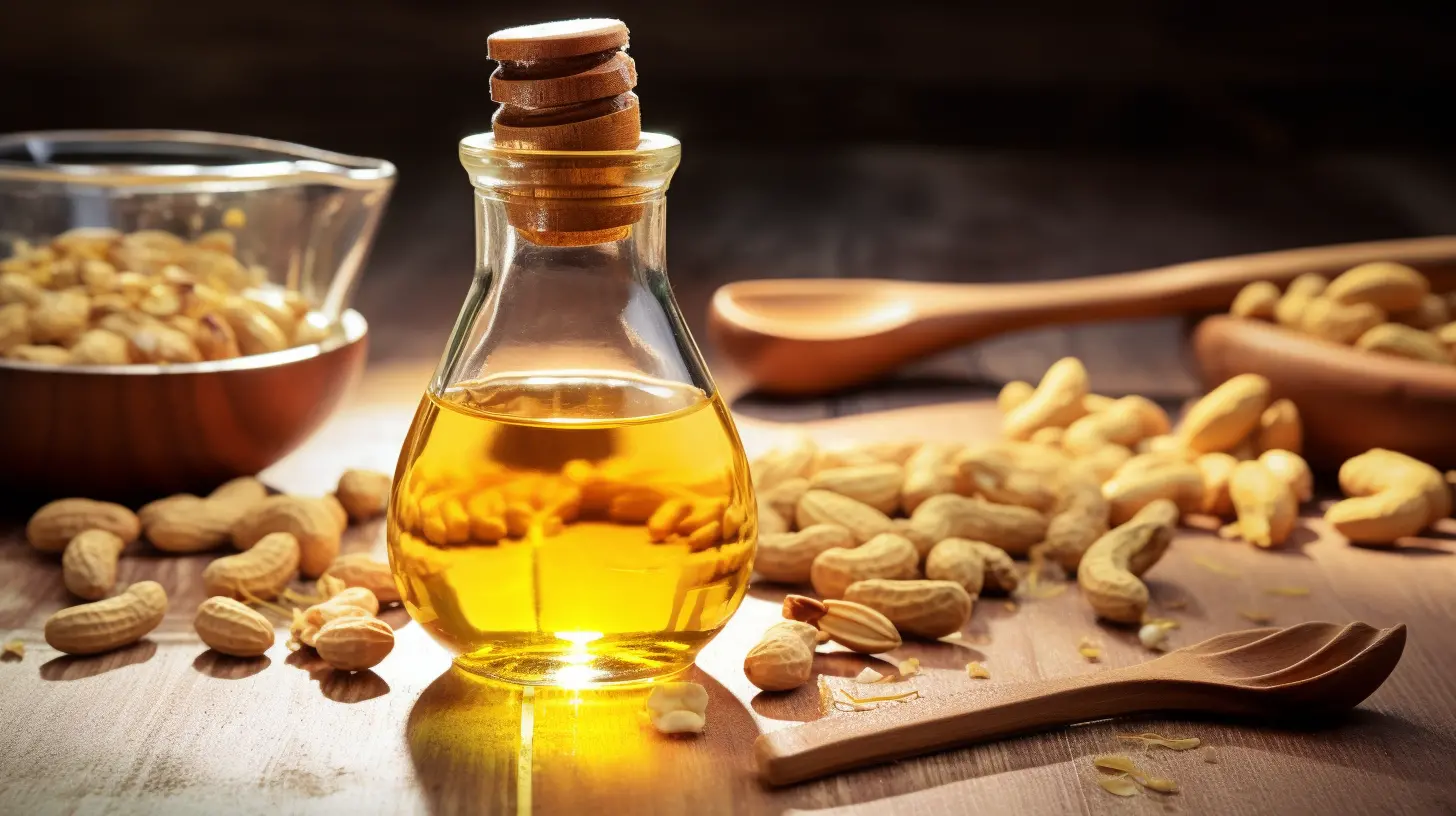
In today's market, consumers are increasingly demanding high-quality peanut oil. However, common quality issues such as low purity, off - flavors, and poor nutritional value often trouble them. This article will take you on a detailed exploration of the magical journey of high - quality peanut oil production.
The production of high - quality peanut oil starts with the careful selection of raw materials. During the peanut pretreatment process, removing impurities and separating unqualified peanuts are of utmost importance. Approximately 5% of peanuts may be removed due to impurities such as soil, stones, and broken shells. These impurities not only affect the oil yield but also the quality of the final product. By using advanced screening and sorting equipment, the enterprise can ensure that only the best peanuts enter the next stage of production.

Controlling the baking temperature accurately is a key step in the production of high - quality peanut oil. The enterprise has found through years of experience that baking peanuts at around 150 - 160°C for about 30 minutes can bring out the best flavor and aroma. This temperature range can also help in preserving the nutritional components of peanuts, such as vitamin E and unsaturated fatty acids. The right baking process not only enhances the taste of the oil but also improves its oxidative stability.
After baking, the peanuts are crushed to increase the oil yield. The crushing process breaks the cell walls of peanuts, allowing the oil to be released more easily. Advanced crushing equipment can ensure that the peanuts are crushed evenly, which can improve the oil extraction rate by about 3 - 5% compared to traditional methods. This not only increases the efficiency of production but also reduces waste.

During the oil extraction process, strict control of temperature and water content is essential. The temperature is usually maintained at around 80 - 90°C, and the water content is controlled within a very narrow range. This precise control can prevent the oil from being oxidized and ensure the purity and quality of the extracted oil. Studies have shown that oils produced under such strict conditions have a longer shelf - life and better taste.
Refining is a necessary step to further improve the quality of peanut oil. It involves processes such as degumming, deacidification, decolorization, and deodorization. These processes can remove impurities, free fatty acids, pigments, and odors from the crude oil. After refining, the quality of the peanut oil is significantly improved, meeting the high - end market requirements. For example, the acid value of the refined oil can be reduced to less than 0.2 mg KOH/g, which is far lower than the national standard.

One well - known peanut oil brand has implemented these strict production standards. In the past five years, its market share has increased by 20% due to the high - quality products. Consumers' satisfaction rate has reached over 90%, indicating that the brand's commitment to quality is well - recognized.
In conclusion, the enterprise's strict standards and exquisite craftsmanship in the production of high - quality peanut oil are evident. From raw material selection to the final product, every step is carefully controlled to ensure the best quality. If you are a consumer who values health and taste, we sincerely invite you to choose our brand of peanut oil. Experience the difference of high - quality peanut oil for yourself!

